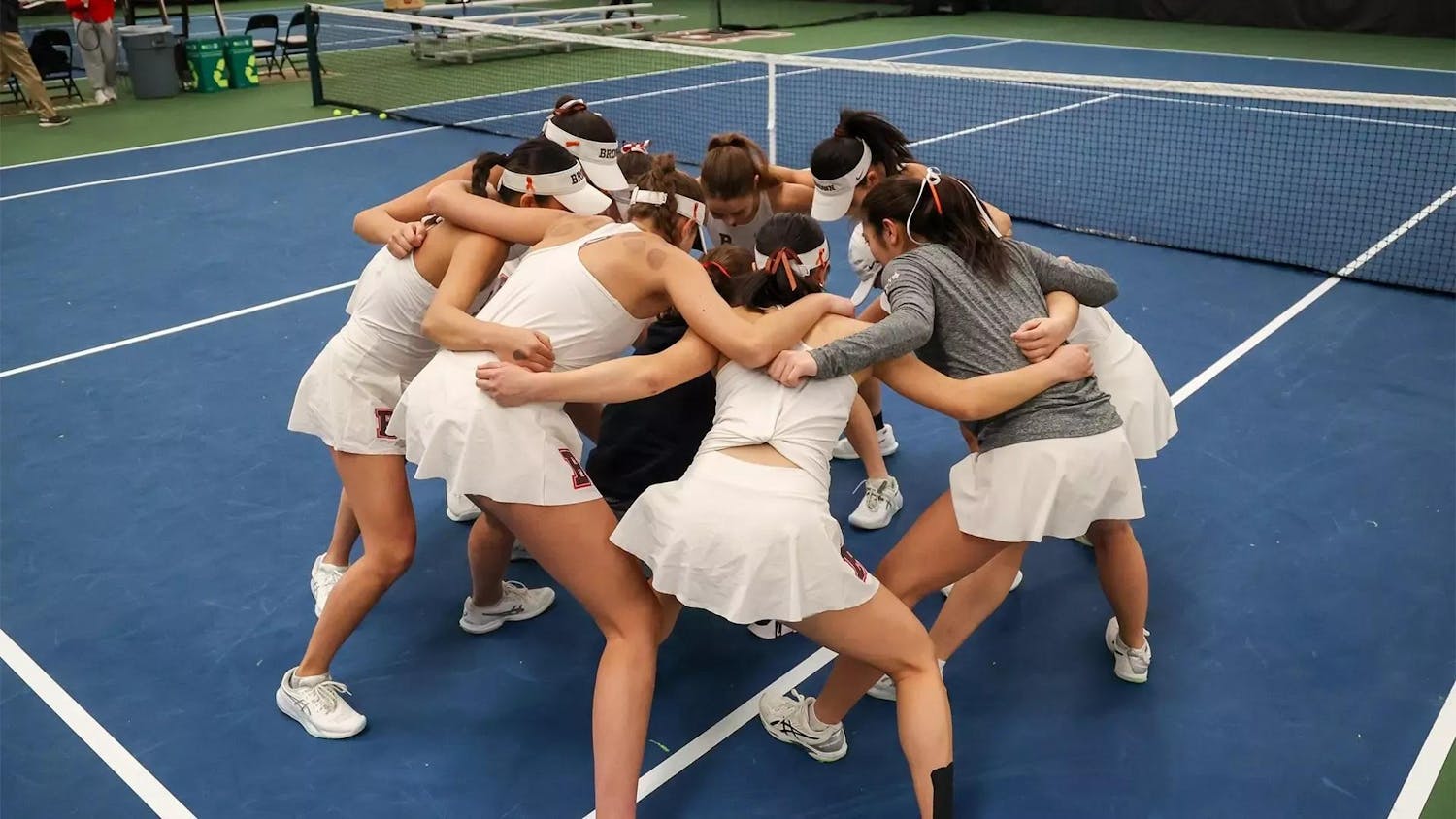Just last week, we were treated to the opening ceremony of the 22nd Winter Olympics in Sochi, Russia. The ceremony was a grand spectacle that featured more Russian history than any but the staunchest Russian nationalists cared to hear, and one well-publicized Olympic ring mishap that has already been parodied numerous times. In the weeks leading up to this grandest of international spectacles, the event has been plagued by numerous adversities. Sochi is filled with construction debris, many of the international hotels are still unfinished, and Russian officials even conducted a campaign to “dispose” of the city’s numerous stray dogs.
With all this in mind, it seems no wonder that the television ratings for Sochi’s opening ceremony were significantly lower than those for London’s opening ceremony in 2012. But this dip in viewership speaks to a larger problem with the Winter Games: They simply are not as popular or as successful as the Summer Games.
A wide variety of reasons can explain this phenomenon. First and foremost, the Olympics were founded as a way for the world to come together in the relatively friendly environment of athletic competition. The problem with the Winter Olympics is that they are not truly the whole world’s games. More accurately, they are the whole snow-covered world’s games. While countries like Tonga, Togo, Zimbabwe and Jamaica (apparently they fired John Candy as their bobsled coach?) have handfuls of athletes competing, it would be a flat-out lie to suggest that the Winter Olympics present an equal opportunity to competitors from warmer climates.
Even within the United States, one of the most well-represented countries at Sochi, only 7 percent — just 16 of 230 — athletes come from states below the Mason-Dixon line. Speaking of equal opportunity, the Winter Olympics are inherently geared toward individuals with greater economic resources. If you are poor, you simply cannot afford the significant costs that go along with participating in many Winter Olympic events. While this can also be said of some of the sports at the Summer Olympics (I’m looking at you, equestrian), you don’t have to pay an admission fee or need any special equipment to start running. Both of these factors contribute to a lower level of participation in the Winter Games as opposed to the Summer Olympics. In fact, during the 2012 Summer Olympics, 204 nations sent nearly 11,000 athletes to London, while only 88 countries have sent 2,900 athletes to Sochi.
But the problem of equal participation is probably more a source of my own personal venting than the actual cause for the subordinate status of the Winter Games. More likely, the real reason for the Winter Olympics’ inferiority is that the sports featured are more difficult to relate to. Everybody can understand track and swimming because everybody — well, almost everybody — can run and swim. On the other hand, I would venture to say that most people do not know how to ski, snowboard or ice skate.
Even the more obscure sports in the Summer Olympics, such as table tennis and cycling, strike a deeper chord with many people than do events like luge, skeleton or curling (Team Norway’s pants in Vancouver aside). Part of the appeal that comes with watching the world’s best athletes is seeing them do the same things you do, just with much more precision and athleticism. This makes it harder to connect with the athletes of the Winter Games and likely plays a role in the world’s lack of enthusiasm for them.
All this said, I absolutely love the Winter Olympics. Olympic hockey is probably my second-favorite international tournament, trailing only the World Cup, and I love seeing the gnarly tricks and big air of the skiing and snowboarding events. I love seeing journalists like Bob Costas grind through personal adversity to try and bring the spirit of the Games into our homes (but seriously, bro, take a day off). Most of all, I love what the Olympics stand for. They are a time when the world — the snow-covered world, in this case — can briefly put aside its differences and celebrate the sporting accomplishments of our most skilled athletes. So please, I implore you, just sit back and enjoy everything the Games have to offer. Make your Vladimir Putin jokes. Objectify the athletes (don’t lie, you do it, too). And, most importantly, cheer loudly for whatever country you call home.
Nate Svensson ’14 can be contacted through the Ocean State Curling Club, where he is training for the 2018 Winter Olympics.
ADVERTISEMENT




